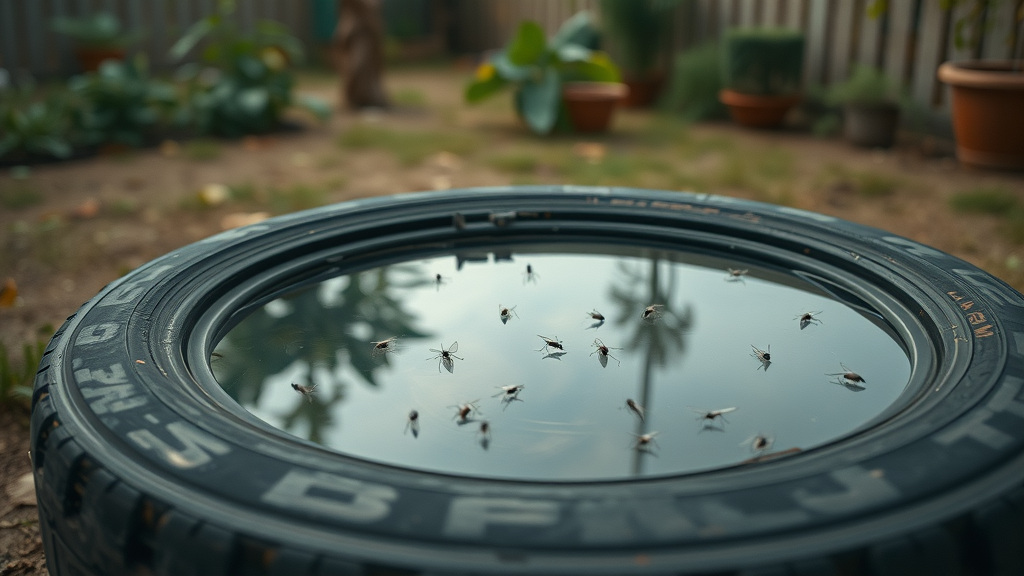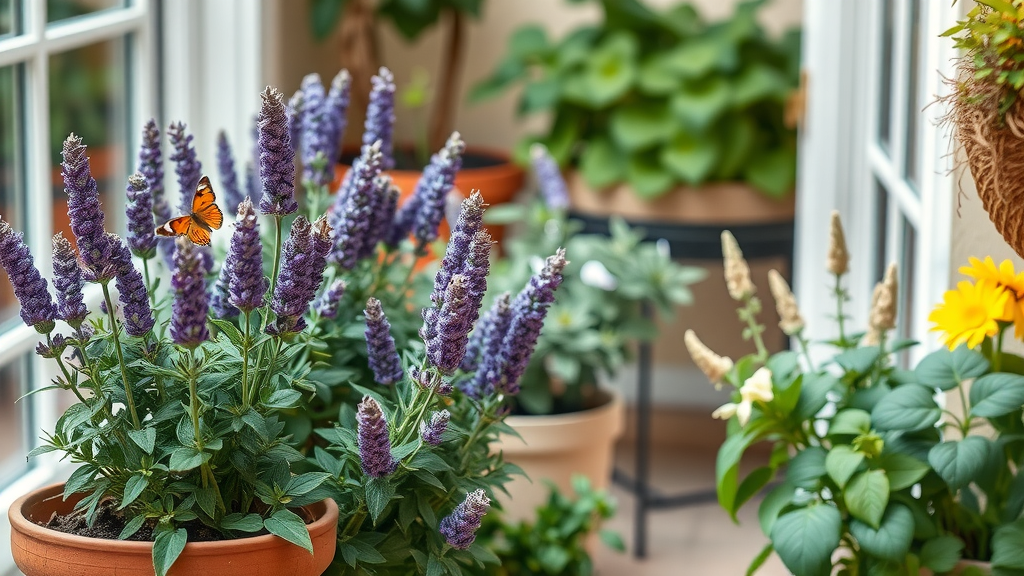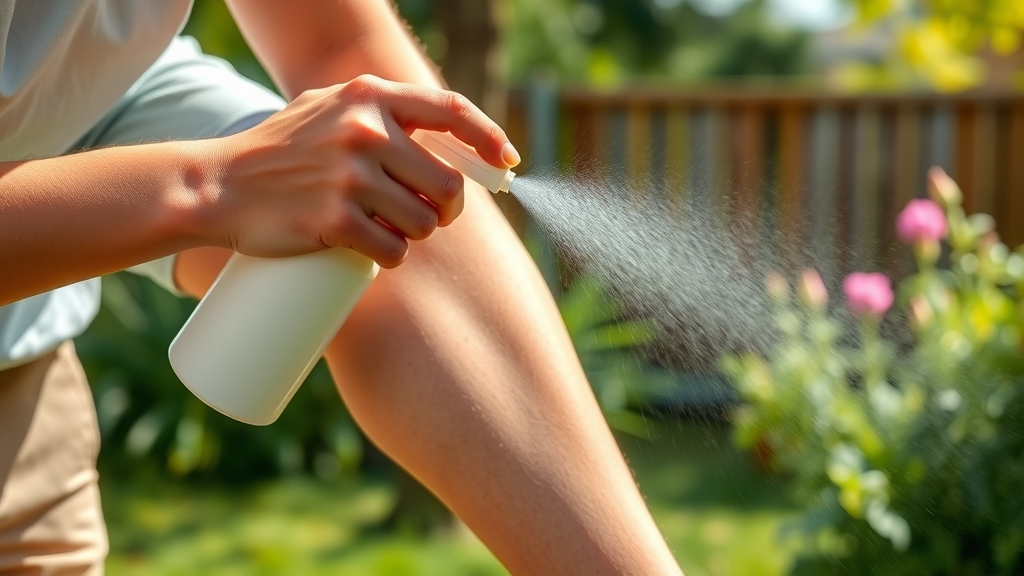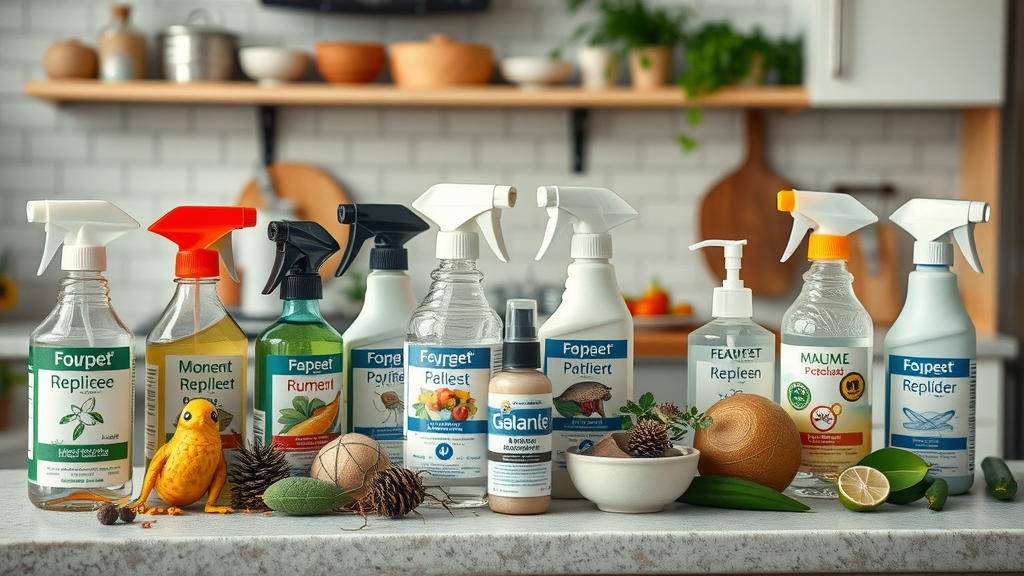Did you know that Florida accounts for some of the highest mosquito activity in the United States? This statistic highlights the importance of effective mosquito control, especially when avoiding harsh chemicals. In this article, we’ll explore natural and eco-friendly methods to manage mosquito populations in your Florida yard. You’ll learn practical solutions and community initiatives aimed at keeping mosquitoes at bay.
The Growing Challenge: Mosquito Control in Florida
Florida’s warm, humid climate creates an ideal environment for mosquito breeding. These pests thrive in areas with high rainfall and vast water bodies, common in the state. Residents often face the battle of controlling mosquitoes in their backyards while minimizing the use of chemicals harmful to health and the environment. Examples include stagnant water around homes or improper drainage systems that serve as breeding grounds. Understanding the scope of the issue is crucial for implementing effective mosquito management protocols.
Implementing mindful practices is essential to combat the increasing challenges of mosquito control in Florida. Residents often seek natural alternatives to protect their families without contributing to environmental degradation. By being informed about mosquito breeding patterns and adopting environmentally friendly control measures, you can effectively reduce the mosquito population in your yard.
Understanding Mosquito Breeding: Key to Effective Management

Identifying Common Mosquito Breeding Sites
Mosquitoes primarily breed in stagnant water, making it crucial to identify and eliminate such sites in your yard. Common breeding places include clogged gutters, old tires, bird baths, and potted plant trays. Each of these can serve as a safe haven for mosquito larvae if left unchecked. Understanding and mitigating these areas in your yard is the first step toward effective mosquito management.

Prioritizing the reduction of mosquito breeding zones will help control their presence effectively. Regular inspections of your property, combined with immediate rectification measures, can drastically limit mosquito populations. Routine checks can avert full-fledged infestations and guard against mosquito-related illnesses.
Tips for Preventing Mosquito Breeding in Your Yard
- Regularly empty and scrub containers that collect water.
- Ensure gutters are clear and water flows freely.
- Properly maintain lawns and gardens to avoid pooled water areas.
Implementing these prevention tips minimizes mosquito breeding risks, ensuring your outdoor spaces remain comfortable and pest-free. Routine garden care and water management measures will consistently reduce the threat of mosquito proliferation.
Florida Mosquito Control: Natural Strategies

Implementing a Drain and Cover Strategy
A comprehensive drain and cover strategy involves removing standing water and employing protective covers over potential mosquito breeding areas. This method significantly decreases mosquito populations by addressing their primary habitat needs. Implementing mesh covers over rain barrels or utilizing tight-fitting lids on outdoor bins offers immediate results.
Continually applying this approach has been shown to help manage mosquito populations effectively. Frequent assessment and subsequent actions offer sustainability within mosquito management efforts.
Utilizing Plant-Based Repellents and Essential Oils

Plant-based repellents like citronella, eucalyptus, and lavender oils provide an effective barrier against mosquitoes. These natural remedies can be applied directly on the skin or used in diffusers to permeate the surrounding environment. Utilizing essential oils taps into age-old practices of mosquito control that remain relevant for modern-day eco-conscious strategies.
Integrating these natural repellents into daily routines can significantly enhance personal and communal defense against mosquito infestations. Regular use allows for a comfortable and worry-free outdoor experience, maintaining a harmonious balance between enjoying nature and managing mosquito présence.
County Mosquito Initiatives: Community Efforts
Understanding County Mosquito Programs
County mosquito control initiatives serve as backbones in the fight against these pests. By understanding these programs, residents can better align personal efforts with county strategies. Typically, services include larvicide applications, public education, and data-driven actions to minimize health risks.
Active participation and support for these county programs bolster community-resilient mosquito control. Emphasizing collaborative efforts fosters a shared responsibility for creating mosquito-free environments and sustains long-term effectiveness.
Collaborating with Local Authorities

Local authorities provide invaluable resources and guidance to combat mosquito problems. Collaborating with them ensures alignment with larger societal efforts and aids in broadening reach. Local governments often host informative seminars to elevate public understanding and involvements, benefiting familial and neighborhood mosquito control.
Additional Resources for Mosquito Control
Educational Platforms and Workshops
Many resources are available online and offline, connecting communities to workshops and educational platforms focusing on natural mosquito control methods. These initiatives aim to broaden knowledge and equip individuals with DIY mosquito management techniques.
Embracing continuous learning through these channels strengthens individual and community resilience against mosquito-borne threats. They provide a foundation for intelligent and sustainable decision-making relevant to personal and regional mosquito deterrence strategies.
Utilizing Online Resources for DIY Solutions
Online resources offer a plethora of innovative, budget-friendly solutions for personal mosquito control. Blogs, tutorials, and forums provide guidance for effectively transforming backyards into mosquito-free zones. Ensuring steady access to such platforms can readily amplify mosquito control techniques within communities.
Regular engagement with online content encourages dynamic development and continual advancement in eco-friendly mosquito management. Leveraging this information, residents can make informed decisions and take proactive measures in repelling mosquitoes.
People Also Ask: Comprehensive Answers
How to keep mosquitoes away in Florida?
Mosquitoes can be kept away by combining methods such as eliminating standing water, using plant-based repellents, and collaborating with local mosquito control efforts. Emphasizing prevention and engaging in community initiatives can significantly minimize mosquito presence.
How are mosquitoes controlled in Florida?
Mosquito control in Florida uses integrated approaches, including natural strategies and government-led initiatives. By employing both personal methods and participating in broader programs, effective control over mosquito populations can be achieved.
Do they still spray for mosquitoes in Florida?
Yes, spraying remains a common practice, yet recent trends highlight a shift towards using environmentally responsible measures. Collaborative public and personal methods offer comprehensive solutions alongside county-operated spraying efforts.
Does anything actually work to repel mosquitoes?
Yes, many natural repellents, such as essential oils and certain plant derivatives, are effective. Consistent use of these repellents within integrated control plans ensures sustained defense against mosquito bites.

Real-Life Quotes on Mosquito Control Success
“Adopting plant-based mosquito repellents not only lowered our family’s exposure to harmful chemicals but has transformed our yard into a welcoming haven. We’ve effectively minimized mosquito encounters and fostered a more eco-friendly environment.” – Expert on natural pest control
Effective Mosquito Management: Key Takeaways
- Regularly inspect and eliminate standing water sources.
- Engage with community mosquito control initiatives.
- Opt for eco-friendly repellents and practices.
FAQ on Mosquito Control in Florida
What are the most effective natural mosquito repellents?

Natural mosquito repellents, such as citronella, lavender, and eucalyptus oils, serve as potent deterrents. These ingredients, when applied appropriately, safeguard against mosquitoes without adverse side effects common in chemical counterparts.
Are certain plants effective in repelling mosquitoes?
Yes, plants like citronella, lavender, and basil can naturally repel mosquitoes. Incorporating these plants into your landscaping offers dual benefits of aesthetics and mosquito-repelling capabilities.
How frequently should I apply mosquito control measures?
Applying mosquito control measures should be consistent, aligning with mosquito activity peaks, such as dawn and dusk. Habitual diligence ensures reduced mosquito impact while safeguarding outdoor comfort.
Conclusion: Embrace Natural Mosquito Control Solutions
Adopting natural mosquito control solutions offers both effective pest management and reduced environmental impact. By integrating preventative strategies and community efforts, your Florida yard can remain sustainable and mosquito-free.
| Control Method | Natural | Chemical |
|---|---|---|
| Environmental Impact | Low | High |
| Health Risks | Minimal | Potentially High |
| Long-term Effectiveness | High | Variable |
| Cost | Moderate | Variable |




